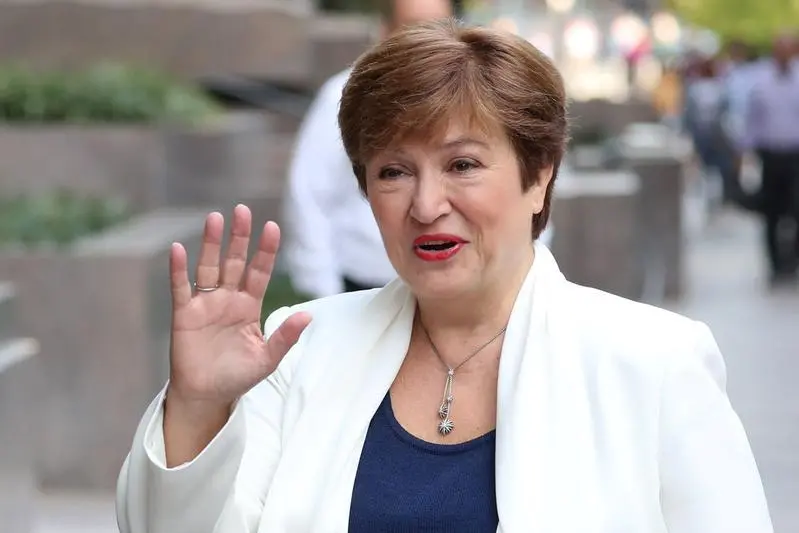PHOTO
The new managing director of IMF, Kristalina Georgieva, has predicted slower growth across the globe this year.
“In 2019, we expect slower growth in nearly 90 per cent of the world,” Georgieva announced in her first major speech after assuming her position on October 1. “The global economy is now in a synchronized slowdown. This widespread deceleration means that growth this year will fall to its lowest rate since the beginning of the decade.”
“Two years ago, the global economy was in a synchronized upswing. Measured by GDP, nearly 75 per cent of the world was accelerating. Today, even more of the world economy is moving in synch, but unfortunately, this time growth is decelerating,” she said.
Georgieva’s speech came just one week ahead of the IMF’s release of its World Economic Outlook, which will show downward revisions for 2019 and 2020.
According to Georgieva, the headline numbers reflect a complex situation. In some of the largest emerging market economies, such as India and Brazil, the slowdown is even more pronounced this year. However, she noted that, despite this overall deceleration, close to 40 emerging market and developing economies, including 19 in sub-Saharan Africa, are forecast to have real GDP growth rates above 5 per cent.
In the US and Germany, unemployment is at historic lows. Yet across advanced economies, including in the US, Japan, and especially the euro area, economic activity is softening. In China, growth is gradually coming down from the rapid pace it saw for many years.
Before joining the IMF, Georgieva was CEO of the World Bank from January 2017 to September 2019, during which time she also served as Interim President of the World Bank Group for three months.
She highlighted the risks to services and consumption as global trade growth comes to a near standstill. “In part because of the trade tensions, worldwide manufacturing activity and investment have weakened substantially. There is a serious risk that services and consumption could soon be affected,”
Georgieva cited various recent events as affecting the economic potential of countries. “Uncertainty, driven by trade, but also by Brexit, and geopolitical tensions, is holding back economic potential,” she said. “Even if growth picks up in 2020, the current rifts could lead to changes that last a generation: broken supply chains, siloed trade sectors, a ‘digital Berlin Wall’ that forces countries to choose between technology systems.”
(Writing by Seban Scaria, seban.scaria@refinitiv.com, editing by Daniel Luiz)
Our Standards: The Thomson Reuters Trust Principles
Disclaimer: This article is provided for informational purposes only. The content does not provide tax, legal or investment advice or opinion regarding the suitability, value or profitability of any particular security, portfolio or investment strategy. Read our full disclaimer policy here.
© ZAWYA 2019





















